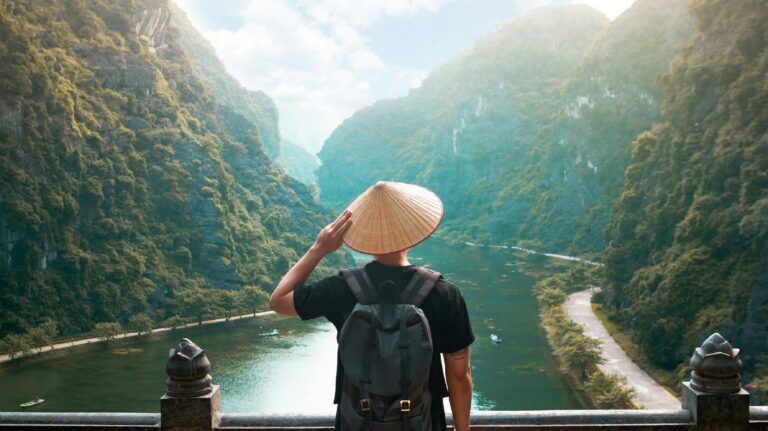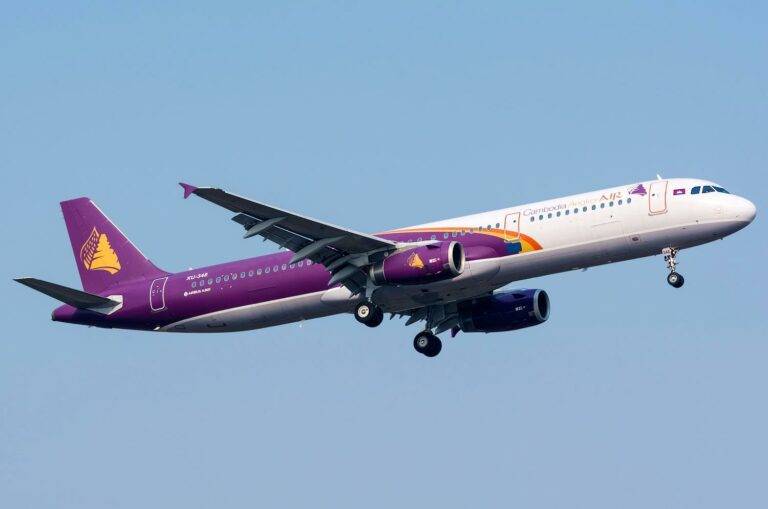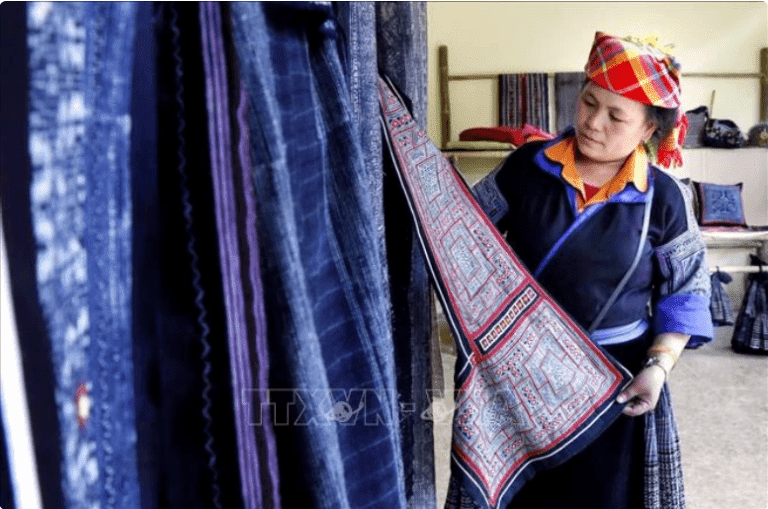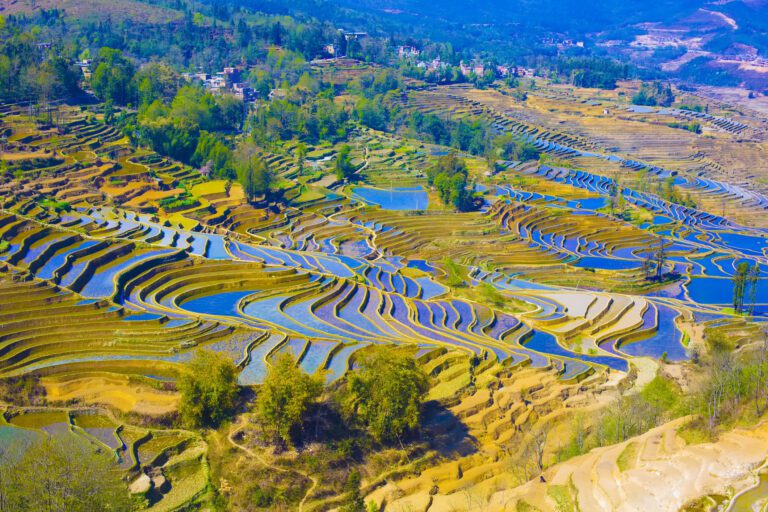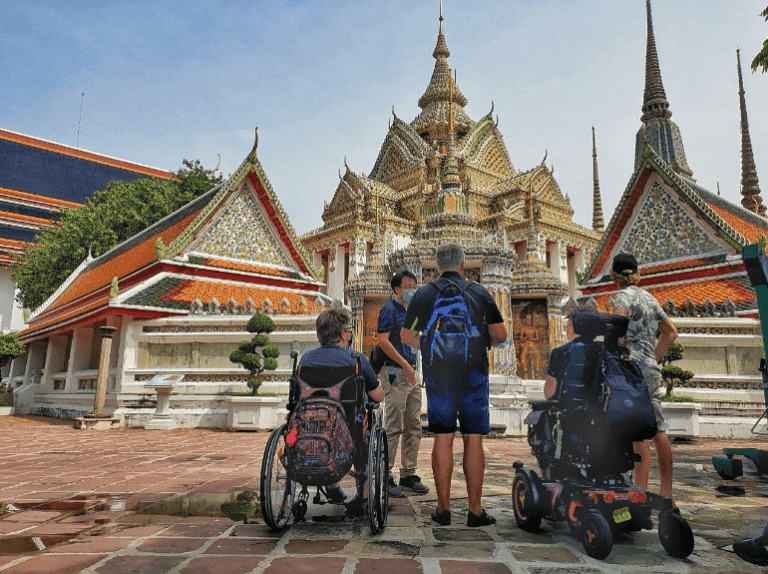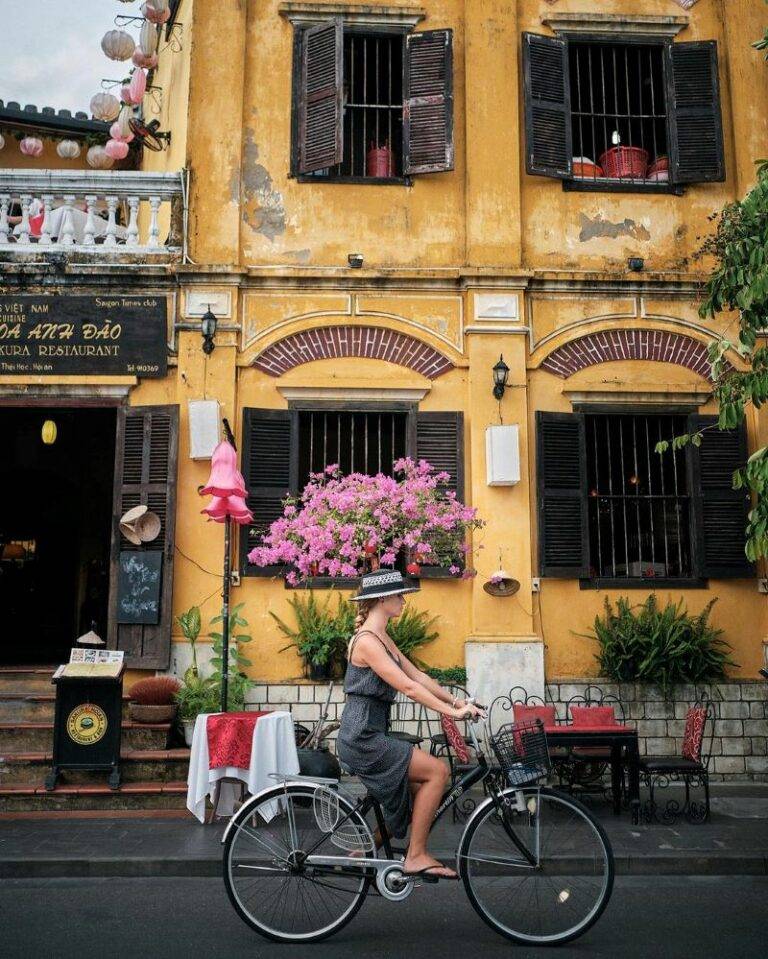
With two decades’ experience in the Yunnan travel and tourism industry, Fang Zehua, President of Yunnan Manna Tours & Travels, has worked harder and longer than most in developing tourism in the China PRC province of Yunnan.
But post-pandemic, things are beginning to pay off: developments like the Lao PDR-China PRC high-speed rail, the reopening of land crossings, and the resulting spike in tourism (and related revenue) means a busy year ahead for Mr. Fang’s Yunnan Manna Tours & Travels. Manna Tours is one of the leaders in responsible tourism within Yunnan – to the extent of gaining certification from the World Animal Protection Association as one of the few “animal-friendly” tourism enterprises in China.
Mr. Fang’s mindset on responsible travel is straightforward: “[We] take into account the rights and interests of future travelers—we have a good time here today, and let future travelers who come here can also get the same good feeling,” he explains.
We talked to Mr. Fang about how Yunnan tourism is developing – the cultural highlights of the province, their transition from COVID-19 to reopening, and his opinions about the future of travel in Yunnan.
This interview was edited for length and clarity.
You have over 25 years’ experience in the tourism business in Yunnan. What are the most significant changes to Yunnan tourism you’ve seen in the past two decades?
When I graduated from university, the tourism industry in Yunnan started to take off. In 1997, the Old Town of Lijiang was listed as a world cultural heritage. In 1999, Kunming held the World Horticultural Exposition, which greatly promoted the development of tourism facilities and infrastructure.
Since the late 1990s, Yunnan’s tourism industry has developed rapidly. Yunnan has been deeply aware of its own advantages, seized the development opportunity, and built tourism into one of Yunnan’s pillar industries. Fortunately, I seized the opportunity too and took the express train of this tourism development.
Competition in the tourism market is becoming increasingly fierce. After 25 years of vigorous development, China’s tourism has entered a new stage of development; all major tourism companies are looking for and exploring new outlets and directions.

What does responsible travel mean to you, in the context of travel in Yunnan? How does responsible travel influence the welfare of local communities, the environment, and the animals that are part of the experience?
For us, responsible travel is our enterprise value and a significant part of our brand. It guides us not only in our development but also in our drive for greater social value.
As you know, Yunnan is a mountainous province with diverse topography. Many ethnic minorities live in underdeveloped remote areas. Responsible travel means not to extract and despoil when we go to tourist destinations. It has helped some tourist destinations in Yunnan out of poverty, brought about many job opportunities for ethnic minorities, and better protected the local cultural heritage and ecological environment.

How does Manna Tours promote sustainable travel – in terms of travel destinations, activities, and day-to-day practices?
We think that the essence of sustainable travel is to continuously maintain the integrity of environmental resources and culture, and to give the residents of tourist destinations fair opportunities for development.
Therefore, in addition to the basic concept of environmental protection, in sustainable travel we also emphasize the protection and continuation of the entire social formation of tourist destinations, and also take into account the rights and interests of future travelers—we have a good time here today, and let future travelers who come here can also get the same good feeling.
In the travel brochures we distribute to tourists, we promote the concept of sustainable tourism and our responsible tours to tourists. On the tour, our well-trained guides also advocate awareness concerning environmental protection and ecological issues, and introduce the code of conduct for sustainable tourism to tourists.
We follow the principle of “buy local” to contribute to the local communities and leave a positive impact on the destinations our tourist groups visit. We try our best to purchase services from the hotels, restaurants and handicraft shops opened by local people so that the local people can financially benefit from our travels directly.
We help and support some folk craft workshops and institutes of intangible cultural heritage, provide them with marketing advice, and introduce customers to them.
We use 0.5-1% of the gross income of each tour group to assist local schools or nursing homes with difficulties, and also participate in local ecological protection projects.

How do Manna Tours’ itineraries bring your guests in close contact with the local culture? What good examples of cultural encounters do your itineraries try to arrange for guests?
Well, we do have a lot of interactive activities to make our guests experience local cultures in our itineraries.
- In Nujiang Prefecture, we lead our guests to visit a local Nu village of ethnic Nu people, and listen to an old hunter tell the stories of the past and the changes in life and his understanding on life as well.
- At Qibie Village of ethnic Naxi people in Weixi, Diqing Prefecture, we lead our guests to experience local tofu making, pick fruits and vegetables by themselves, participate in bonfire parties, and sing and dance with local ethnic minorities.
- In Jianchuan County, Dali Prefecture, we lead our guests into the local Institutes of Intangible Cultural Heritage to visit, learn and experience the production of ethnic Bai people’s woodcarving crafts.
Everywhere we go, we arrange local traditional specialties for our guests, for we think food is one of the important carriers of culture.
In terms of hotel arrangements, we arrange for our guests to stay in hygienic, safe and comfortable hotels or guesthouses run by locals, which feature local cultural and traditional styles and are integrated with the local environment.
These activities not only allow the guests to better understand and integrate into the local cultures, but also inspire the cultural self-confidence of local ethnic minorities, and at the same time increase their income and improve their lives.

Manna Tours is recognised as an “animal-friendly” tourism enterprise by the World Animal Protection Association. How did it earn that recognition? How does Manna Tours practice being animal-friendly in its tourism activities, and its day-to-day practices?
Traveling responsibly means never including cruel, captive wildlife entertainment on our itineraries and never engaging with service suppliers that fail to address animal welfare issues, and continue to profit from wild animal suffering. We believe that the idea of animal-friendly travel is compatible with the purpose of sustainable and responsible travel.
Manna Tours is one of the very few Chinese tour operators recognized as an “animal-friendly” tourism enterprise by World Animal Protection. Our colleagues from the World Animal Protection China office introduced us to elephant-friendly travel, which is an integral part of animal-friendly travel.
All our staff and tour guides carefully studied the “Wildlife Friendly Tourism Online Training” of the World Animal Protection and passed the exam, and we modified our tour programs and activity arrangements, and made the commitment to take continuous measures to protect wild animals in our travels – including stopping the sale and promotion of entertainment projects that harm wild animals and providing tourists with responsible wildlife-friendly tourism products.
How did Manna Tours adjust to changing circumstances during the COVID-19 pandemic?
Because of the experience of SARS, we didn’t realize that the pandemic would last so long at first, let alone have a profound impact on the industry. Our work focus eventually adjusted with the passage of time: specifically, we mainly did the following things:
- As we didn’t know how long the pandemic would last, we tried to reduce the company’s operating costs as much as possible without laying off employees, ensuring primary living conditions of employees.
- Secondly, during the pandemic, we had very little business. We explored many places in Yunnan to find more tourist attractions, and contracted with suitable service suppliers to prepare new tour products for the post-pandemic era.
- Furthermore, it was predicted that many tourism trends and characteristics would undergo considerable changes in the post-epidemic era. The Yunnan Provincial Department of Culture and Tourism organized many activities and competitions, through which travel enterprises’ confidence was boosted, and travel enterprises were promoted to learn to study the new trends and adapt to the new normal condition in the post-epidemic era.
Fortunately, we were also awarded in some competitions, which relieved the pressure to some degree by winning bonuses.

As a travel entrepreneur based in Yunnan, what is on your wish list for the local tourism sector? What would you like to see in the future (whether it’s actions by government sector, or private-sector initiatives, or cross-border partnerships)?
My biggest hope is that more local private sector and local community residents will change their minds more quickly, instead of only looking at immediate interests.
For example, in the past, many local people made a living by cutting down forests and overhunting. Now, they need to understand that they can get richer by protecting their local ecological environment including local wild animals and inheriting traditional folk crafts and arts.
And I also hope that local government can make better use of artificial intelligence, cloud computing, Internet of Things, NFC (Near Field Communication) and other intelligent methods to improve the intelligence level of the local tourism industry.
———–
To learn more about Manna Tours & Travels, visit their website at mannatours.com.cn.
